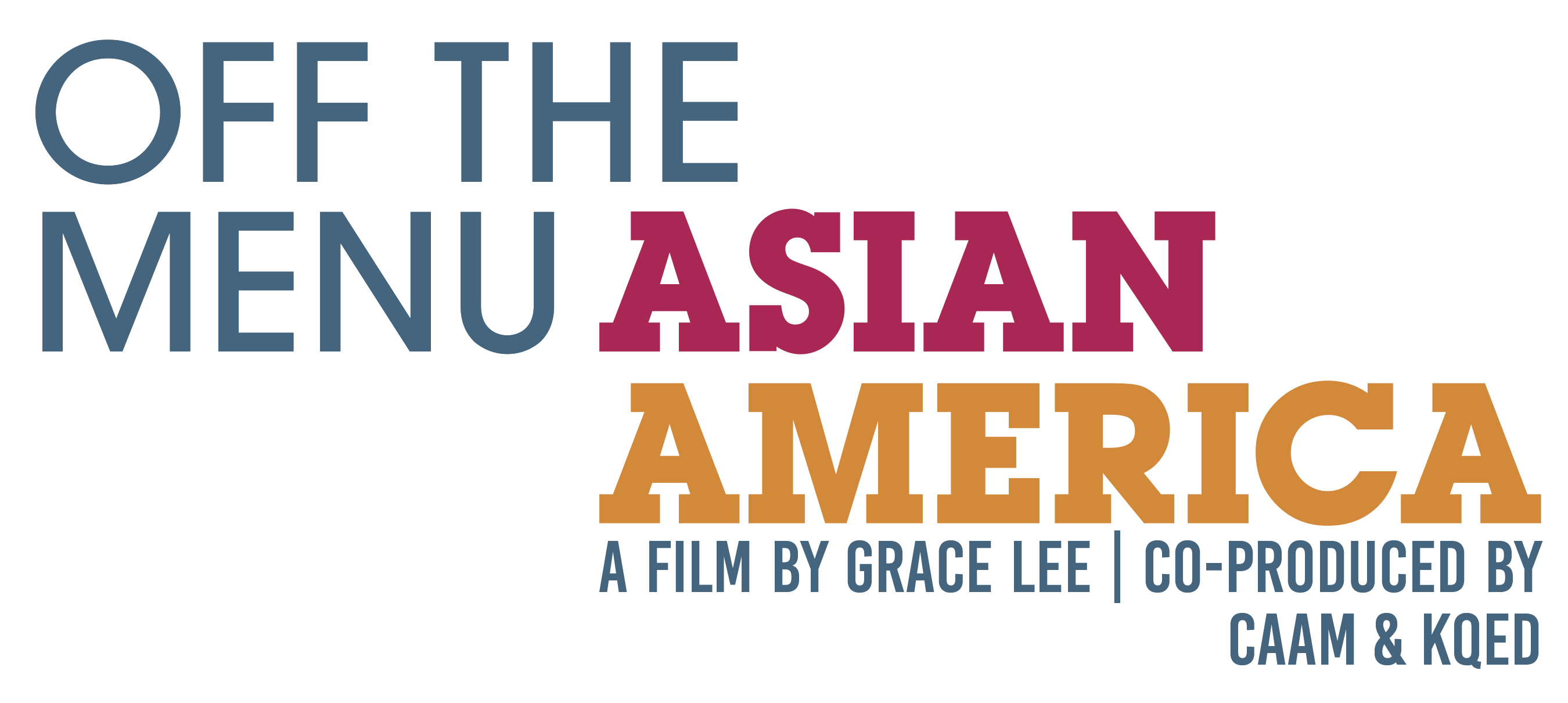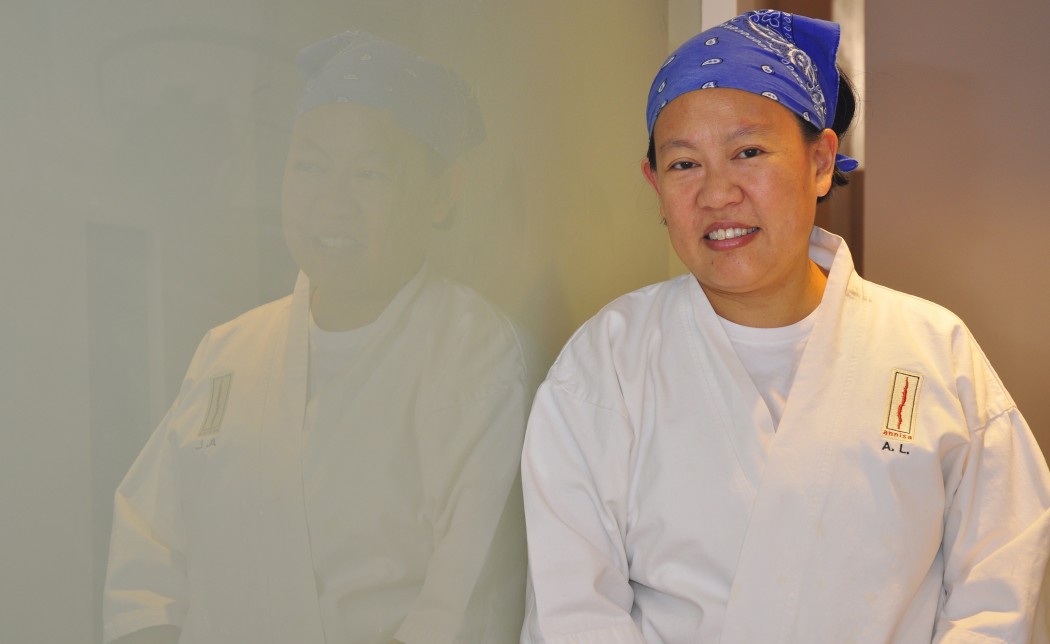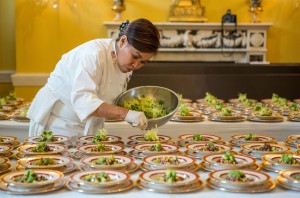Anita Lo carries herself with such an understated, quiet humility (see her concise interview responses) that it shifts your idea of what it means to be one of the most instrumental and influential chefs cooking today. In fact, her answers reflect her lauded culinary perspective: progressive, global and minimalist. Lo’s perspective on food is that it is unfixed and that while ethnic background can be influential, it should not pigeonhole the chef. As she writes in Cooking Without Borders, “There are no true borders in food. Each cuisine has been affected by another, be it Vietnamese with its French and Chinese influences or South African with its Dutch and Indonesian influences. And food, like language, is constantly evolving. It is a living entity that grows and changes at each individual stovetop, at the hands of cooks across the globe.” Lo herself embodies everything about this flexible, fluid worldview. Her West Village restaurant, Annisa (“women” in Arabic) currently touts three stars from the New York Times. Just as important to note is the restaurant’s wine list, which features women vinters or vineyard owners. So yes, you should order the bottle.
—Diana Emiko Tsuchida
How did your upbringing set the stage for pursuing a life in food?
My family was food obsessed, well traveled and multicultural–three of what I think are the key ingredients for a life in food.
How are you inspired by your background? What is meaningful about the dishes you create?
I try to bring in the best of my culinary experiences over the years. I am naturally curious about other cultures and try to share that with my clients.
Do you think there are barriers to women helming their own kitchens?
Absolutely. There are so many. But I’m doing my best to help change that!
What was the most difficult part in becoming a chef?
Learning how to manage people is particularly painful if you’re someone like me who wants to make everyone happy. It’s always a challenge to balance the needs of the business to the needs of the staff and to the customers. But I think gotten to a place I can live with.
Do you feel the way you lead a kitchen differs from other chefs?
Everyone has their own style. I try to be at once nurturing and unwavering in my demand for consistent quality.
Favorite dish to prepare at Annisa?
I really don’t have one. But I love to make staff meal.
Favorite dish to make for your family?
Whatever looks best at the markets, or whatever I’ve caught, grown or foraged.
What’s your advice to other young women chefs who identify as part of a minority?
Don’t let anyone pigeonhole you. Your ethnicity can be a great source of culinary influence, but in the U.S., we all should be able to be whoever we want.
What do you want to be remembered for, personally and professionally?
I hope I’ve made some people, both clients and staff, happy over the years and have helped those who have worked for me in the kitchen realize their goals.
+ + +
 This story is a part of Off the Menu: Asian America, a multimedia project between the Center for Asian American Media and KQED, featuring a one-hour PBS primetime special by award-winning filmmaker Grace Lee (American Revolutionary: The Evolution of Grace Lee Boggs), original stories and web content.
This story is a part of Off the Menu: Asian America, a multimedia project between the Center for Asian American Media and KQED, featuring a one-hour PBS primetime special by award-winning filmmaker Grace Lee (American Revolutionary: The Evolution of Grace Lee Boggs), original stories and web content.


